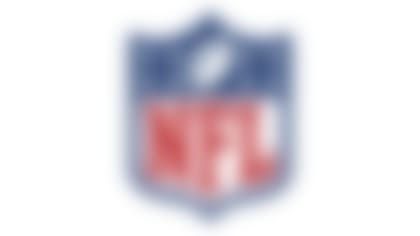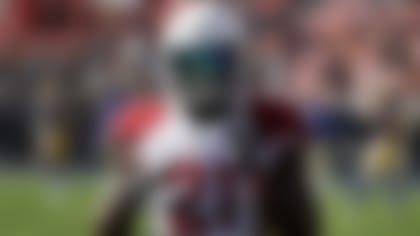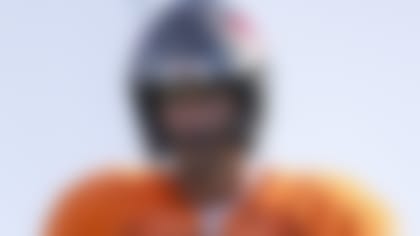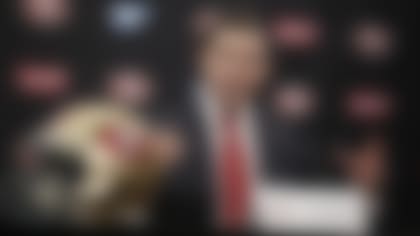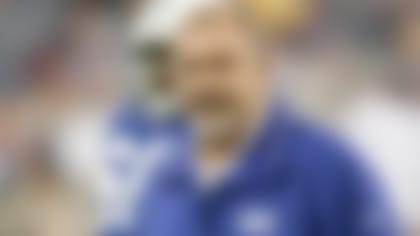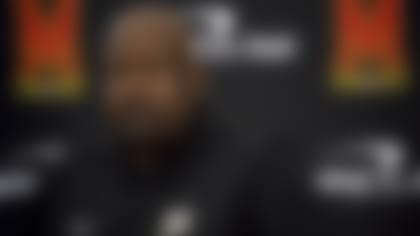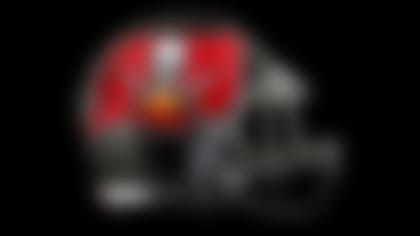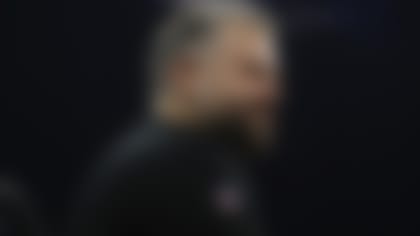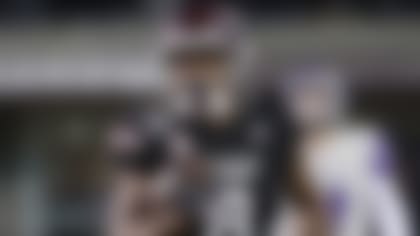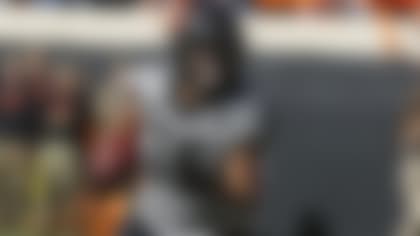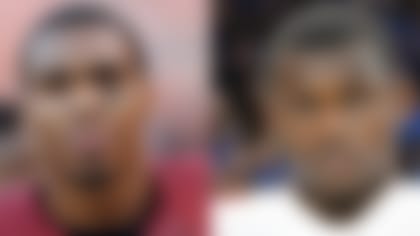NEW ORLEANS -- The suspect in the death of Will Smith said he shot him in self-defense, fearing for his life after the former New Orleans Saints star hit him several times and then went to get a gun.
"It was self-defense," Cardell Hayes can be heard telling detectives hours after a car crash led to angry words and gunfire.
One of those detectives, Tindell Murdock, testified that he saw no signs of Hayes having been injured that night, but conceded that he couldn't prove otherwise.
A recording of that police interview was played in court Friday, along with a 911 recording made moments after the fatal shots. The 911 call captured Hayes telling an off-duty police officer that he had to shoot, because Smith was about to get a gun.
"What was I supposed to do?" Hayes asked officer Christopher McGaw.
McGaw was the first to testify as Hayes' lawyers sought to have some evidence suppressed and the $1.75 million bond for Hayes reduced. The judge was not persuaded.
John Fuller said he believes there is a strong case to be made that Hayes feared for his life that night in April. Hayes told police that he feared Smith and his passengers were either drunk or drugged, and Fuller said a toxicology report supports this. He later confirmed outside court that Smith's blood-alcohol level was nearly three times the legal limit.
McGaw, a rookie officer, said he was off-duty, unarmed and out of uniform at a bar less than a block from where Smith was shot. He said he heard the car crash and men arguing, and decided to go out to the street to intervene.
McGaw testified that he heard the retired NFL lineman say something like "Oh, you have a gun? I have one too, I can play that way!"
Then shots rang out - several quick shots, a slight pause, then several more, he said.
McGaw testified that he didn't see the gunshots because he ducked for cover when he spotted a weapon as the argument escalated. But he called 911 moments later, and kept the line open as he approached Hayes to ask what happened.
McGaw testified that Hayes told him he carried his .45-caliber handgun as he left his Hummer, and that Smith had emerged unarmed from the SUV Hayes had rear-ended hard enough to push it into a third car.
The officer said he later spotted Smith's lifeless body. He appeared to have been shot as he reached into his SUV, his right hand extended toward the glove box, McGaw said.
McGaw testified that he checked his pulse to confirm his death, and noticed gunshot wounds in Smith's back and upper left shoulder.
"He was actually already beginning to get cold," the rookie said.
Police have said that Smith's loaded 9 mm handgun was found inside the car, and had not been fired.
Hayes also is charged with attempted second-degree murder in the wounding of Smith's wife, who was hit in both legs.
State District Judge Camille Buras gave no reason for refusing to reduce Hayes' bond before trial, which she scheduled for Sept. 20.
Fuller said Hayes isn't a flight risk, and said the prosecution's case isn't strong.
"This is our ideal 50-50 case," he argued. "This case could turn out either way."
But prosecutor Jason Napoli said evidence shows Hayes provoked the confrontation by intentionally ramming Smith's SUV - after Smith had earlier bumped Hayes's Hummer - and then threatening the unarmed man with a loaded handgun.
"Take the defendant's own word for it," Napoli said. "He is the only one that made the decision to take someone's life that evening."
Copyright 2016 by The Associated Press.
